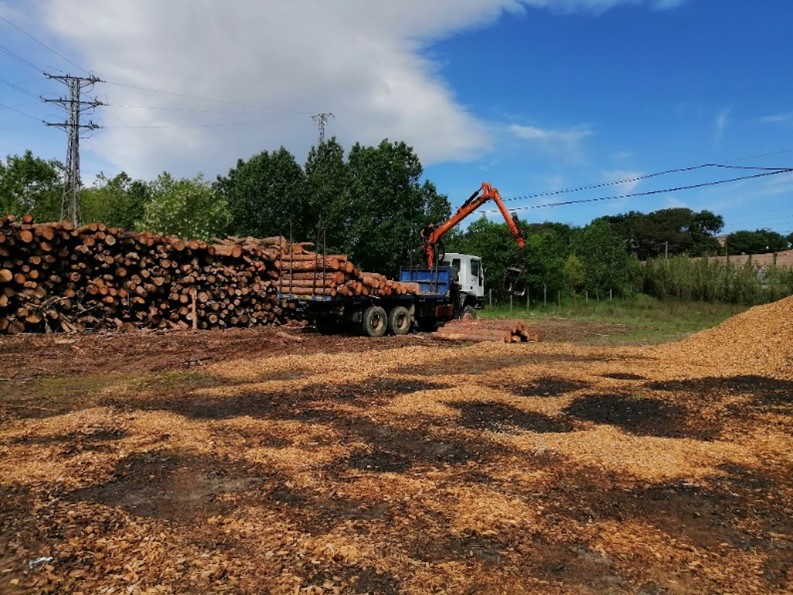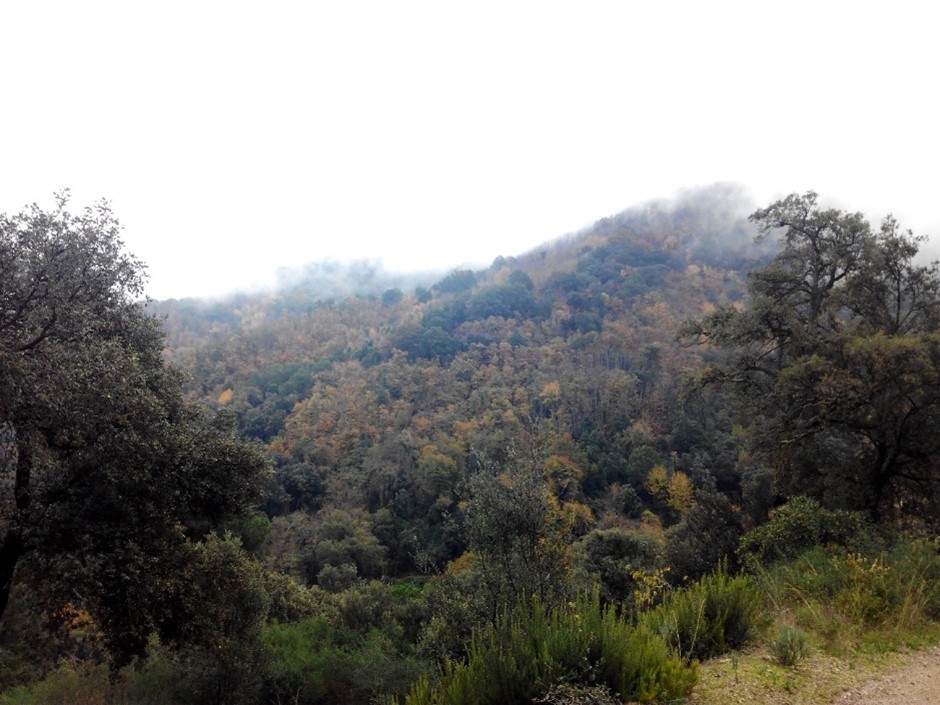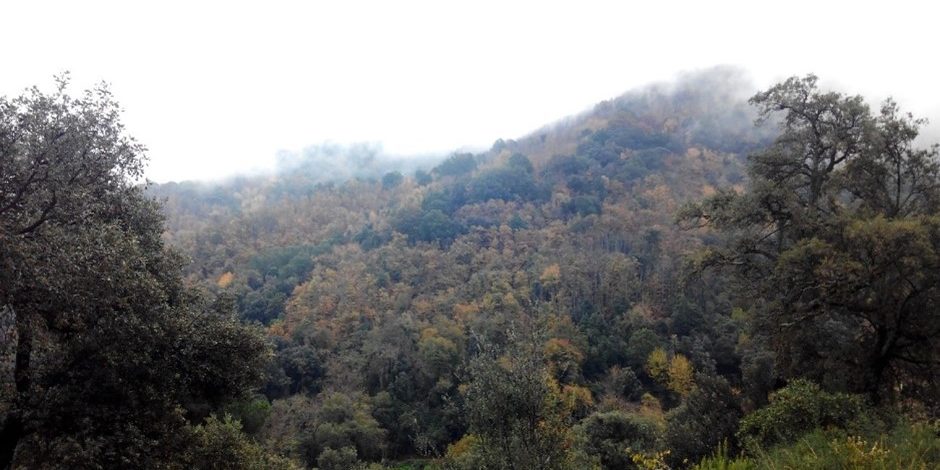On November 17, 2025, ARESCAT (the Association of Wood Merchants and Sawyers of Catalonia) issued a press release warning about the longstanding raw material supply issue that the forest sector has been facing for many years. Here’s a summary of the situation.
In 2021, the Government of Catalonia approved the Bioeconomy Strategy of Catalonia 2021-2030 (EBC2030) with the goal of promoting a more sustainable use of natural resources, including local timber. Although this strategy has increased the demand for timber for circular bioeconomy projects, the supply has not increased proportionally. This has led to a significant reduction in available timber stocks, with primary transformation companies unable to obtain enough raw material to meet their needs.
This situation is concerning because more than 70% of Catalonia’s forests remain unmanaged, increasing the risk of forest fires and other disturbances such as pests, droughts, and diseases. As a result, sawmills are forced to rely on imports to cover 30% of the raw material they need.
One of the most serious problems is the lack of professionalization in the sector. There is a shortage of skilled labor, with many forest companies facing an aging workforce and a lack of generational replacement. This makes forestry jobs seem tough, undervalued, and unattractive to younger generations, which exacerbates the situation. Therefore, the lack of professionals hinders effective forest management, increasing risks such as forest fires and the impacts of climate change.
At the supply chain level, in the short term, a timber shortage is expected, particularly for the production of pallets and biomass, which poses a threat to several Catalan industries that depend on these resources. The timber shortage could also affect biomass boilers, leaving some industries without fuel.

As for forest management, Catalonia has a very low utilization rate (only 28% of what forests grow annually), far below the European average of 65%. This imbalance is more pronounced in public forests, with an exploitation rate of 9.6%, while private forests reach 34.8%. These figures indicate that a large part of the forest area remains untouched, putting both forest health and the national forestry economy at risk.
Implications for Small Forest Holdings
The lack of professionalization in the sector has several direct implications for small forest owners. First, the absence of active forest management makes it difficult to take advantage of timber from their properties. This situation can lead to lost opportunities for owners, as many lack the resources or training needed to manage their lands efficiently and profitably.
Additionally, the lack of incentives for training and modernization in the sector may leave small owners without access to more efficient management techniques, such as using specialized machinery. Combined with the shortage of skilled labor, this could increase the maintenance costs of their properties and reduce their competitiveness in the timber market.
Finally, the timber shortage may result in increased competition from larger operators or external companies, which could displace small owners from the local market. This poses a threat to the economic sustainability of these owners, who may be forced to abandon forestry activities, leading to the degradation of the forest and a loss of local employment opportunities.
Therefore, professionalization and modernization of the forest sector are key not only for the sustainability of Catalonia’s forests but also to ensure the economic future of small forest owners. They need support to compete in an increasingly demanding and complex market.









